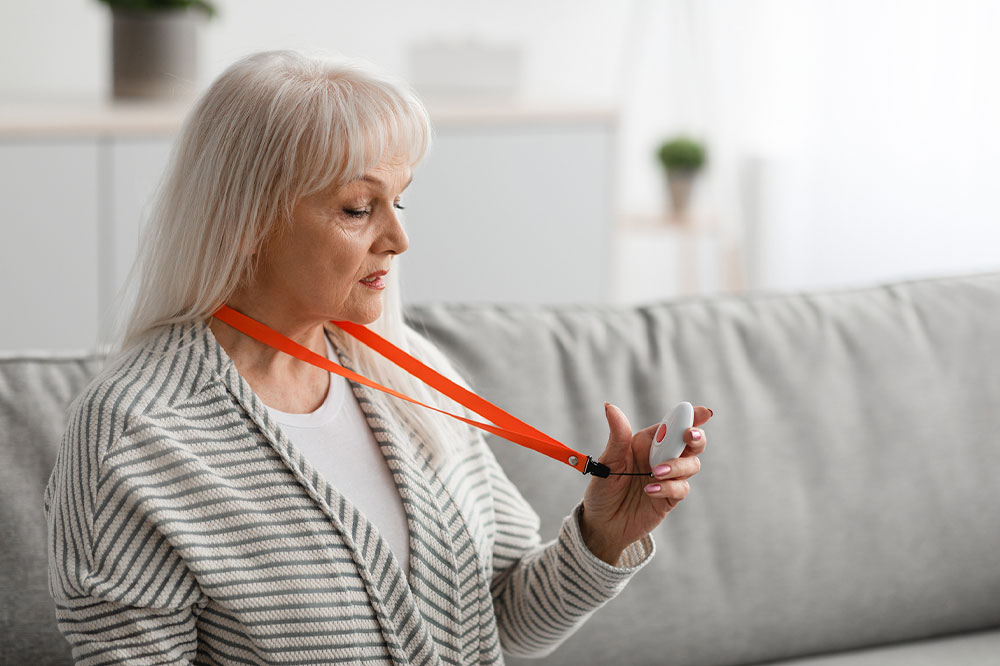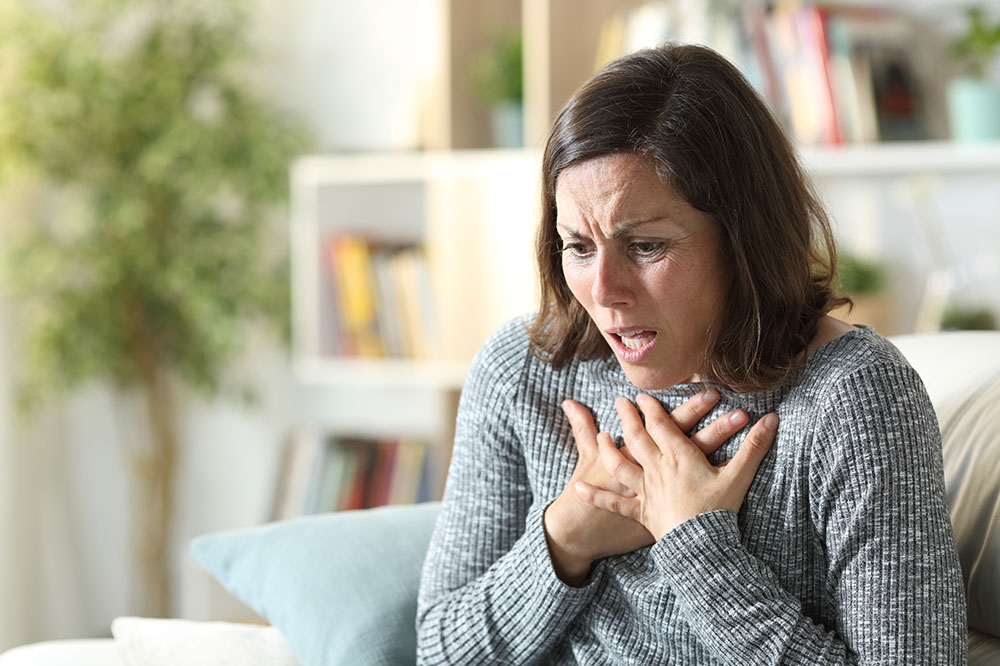5 Natural Methods for Anxiety Management

Anxiety is a common mental health condition affecting people of all ages. It is a fear and uneasiness born primarily from uncertainty and self-doubt. Initially, anxiety affects one’s emotions and rational thinking. But if the issue builds up, it can even manifest physically. While such a disorder may be challenging, one can overcome it. Here, we discuss how proper care, nutrition, and remedies can help one successfully deal with the condition.
Common Symptoms of Anxiety
The symptoms of this condition vary from one person to another. The initial stage will make one experience restlessness, impatience, and muscle tension. Falling asleep or concentrating can be difficult. Physically, one may experience fatigue, trembling, nausea, irritability, or sweating.
Usually, certain traumatizing events trigger anxiety. If the condition worsens, it can hamper one’s everyday activities with or without the triggers. An episode is marked by shortness of breath and high pulse rate, lasting around 10 minutes. However, the underlying causes of anxiety might continue for days, weeks, or even months.
Types of Anxiety
There are five major types of anxiety disorders:
Generalized Anxiety Disorder (GAD)
It is characterized by an increased and persistent worry, even in the absence of a trigger.
Obsessive-Compulsive Disorder (OCD)
Unwanted, encroaching thoughts and compulsive actions are hallmarks of OCD. One tends to repeat actions, like counting, cleaning, and checking, to reduce anxiety. Not performing these actions, however, surges it.
Panic Disorder
Sporadic episodes of intense fear with physical symptoms like shortness of breath, chest pain, palpitations, nausea, and stomach discomfort mark it.
Post-Traumatic Stress Disorder (PTSD)
PTSD develops when one experiences or witnesses a stressful event and finds it challenging to adjust to everyday life later.
Social Anxiety Disorder
People who deeply fear social interactions or public speaking develop social anxiety. They are overly self-conscious and may suffer from an irrational fear of failure or ridicule.
Natural Ways to Manage Anxiety
Here are some efficient natural remedies that can assist one in managing anxiety:
Herbal Teas
Drinking soothing herbal teas can calm one’s nervous system and ease the symptoms. It can also help settle one’s digestive problems, relieve menstrual cramps, induce sleep, improve blood pressure and cure nausea. Since herbal teas do not have any side effects, they make for a safe and natural option to manage the disorder.
Chamomile
A typical herbal tea ingredient is chamomile—a daisy-like flower well-known for relieving stress and calming the mind. A 2016 NIH study found that chamomile extract helps in effectively reducing moderate to severe symptoms of a generalized anxiety disorder (GAD). It is, however, a temporary relief and does not prevent the symptoms from resurfacing in the future.
Lavender
Lavender is known to stabilize one’s mood and ease tension. Studies show that oral lavender treatment is efficient in managing GAD in adults. Apart from this, the herb can also treat burns, acne, and other skin diseases.
Valerian
Many herbal treatments for sleep disorders commonly use valerian root, which eases insomnia brought on by worry and helps with headaches and heart palpitations.
Fennel
Fennel plants come from the Mediterranean region, and a study shows that fennel has antidepressant and anti-anxiety effects, especially in postmenopausal women.
Passionflower
Passionflower enhances sleep quality, soothes anxiety, and treats gastrointestinal problems.
Journaling
Another effective way to manage irrational anxiety is to analyze and organize one’s thoughts. Writing/typing down one’s ideas and feelings can help clear the mind, bring back a sense of balance, and make one feel calmer. One can also adopt a habit of writing down positive thoughts about oneself, commonly referred to as Positive Affect Journaling (PAJ). This habit helps reinstate belief in oneself and manage anxiety at its onset. For example, a 2018 study linked regular PAJ to lowered adult anxiety symptoms.
Healthy Food Habits
Food habits directly affect mood. When stressed, the body demands vitamin C to help repair and protect cells from damage. Blueberries, oranges, lemons, and other citrus fruits contain antioxidants and vitamin C and can help reduce anxiety.
Alternatively, one may experience mood swings due to dehydration or low blood sugar. So, eating foods high in sugar, like cakes, pastries, donuts, and packaged drinks with artificial sweeteners, should be avoided. One can drink enough water throughout the day to remain hydrated. On the other hand, one should avoid beverages like coffee, soda, and energy drinks as they disrupt one’s sleep cycle and add to uneasiness.
It is advisable to have a protein-rich breakfast. It stabilizes blood sugar and provides enough energy for the day. One can also consume whole grains, such as oats, quinoa, whole-grain bread, and whole-grain cereals, which are high in complex carbs. They are known to increase serotonin levels in one’s brain, regulating sleep and influencing one’s focus, memory, and sense of happiness.
Aromatherapy
Aromatherapy is an ancient holistic treatment that promotes mental, emotional, and physical well-being. It commonly utilizes natural plant extracts and essential oils. These oils can be used as diffusers or added to warm water while taking a bath. They promote sleep, enhance mood, help one to relax, and normalize heart rate and blood pressure. Some essential oils that reduce anxiety are bergamot, clary sage, lavender, and grapefruit.
Regular Exercise
Exercise has been proven to boost one’s self-image and confidence and reduce anxious thoughts. Moving one’s body reduces muscle tension and gets the heart rate up. This step also changes brain chemistry and increases the production of serotonin. One can choose any enjoyable activity like swimming, cycling, or walking. One can also work in a group for better social support.
In addition, one can adjust one’s lifestyle to promote better sleep cycles or speak with a trusted family member or friend. If one’s experiencing severe anxiety, one should seek medical attention. A typical medical procedure that offers coping techniques is psychotherapy. It helps in managing the symptoms and preventing them from worsening.






